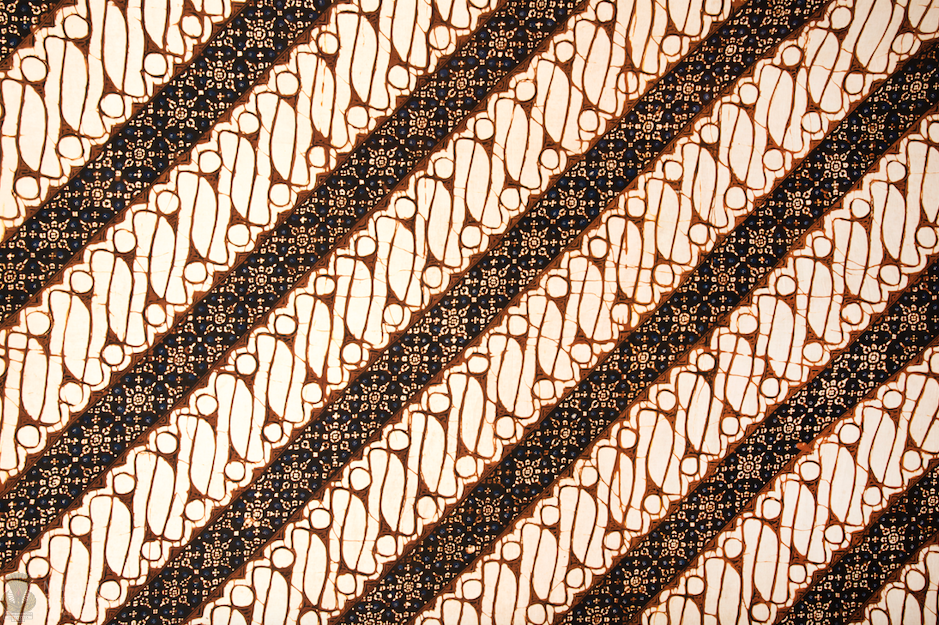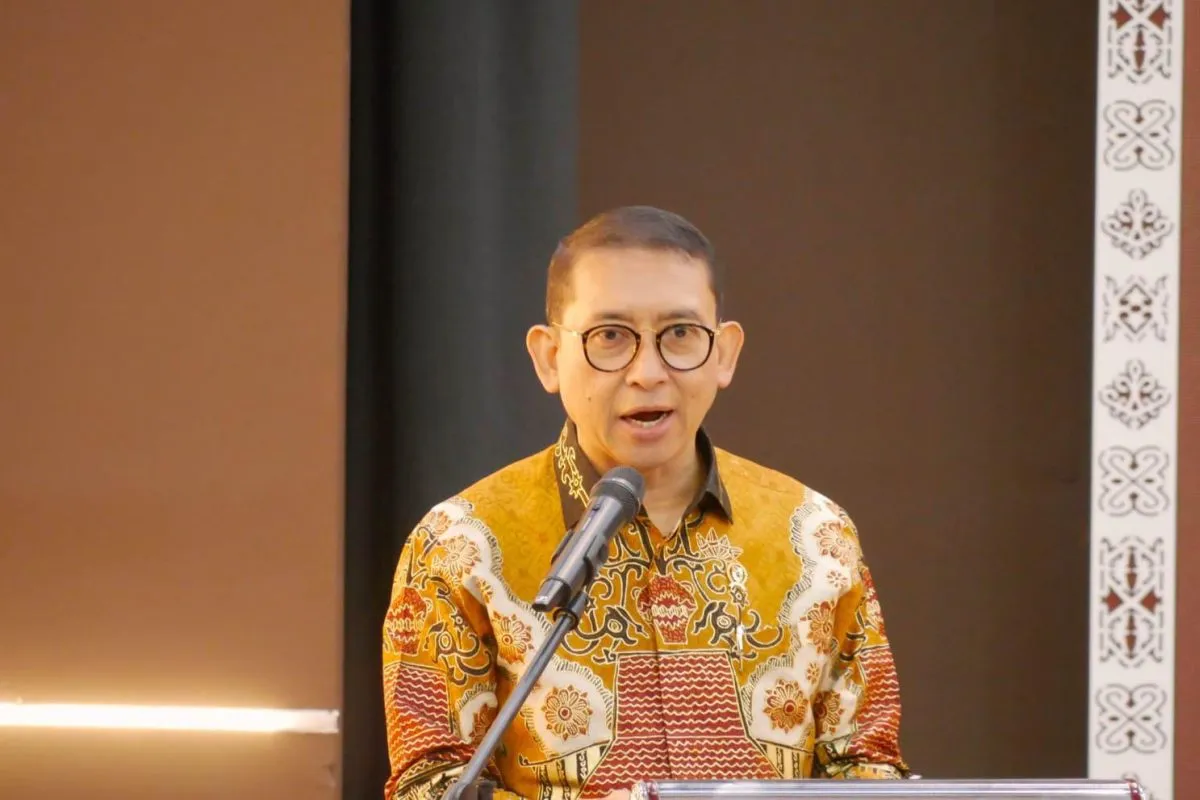Soft Power: Indonesia’s Influence through Culture—My Take on Batik, Food, and More!
JAKARTA, turkeconom.com – Soft power is the ability of a country to shape preferences and win hearts through attraction rather than coercion. Indonesia, with its vast archipelago and rich cultural heritage, wields remarkable soft power assets—from the intricate motifs of batik to the savory aromas of its street food. In this article, I share my take on how Indonesia projects influence globally through culture and what we can do to amplify these assets.
Batik: UNESCO-Backed Cultural Ambassador

- Heritage Recognition: Batik was inscribed on UNESCO’s Intangible Cultural Heritage list in 2009, instantly boosting global awareness.
- Diplomatic Gifts: Batik shirts and sarongs frequently appear in state visits, signaling respect for tradition and forging personal connections.
- Contemporary Fusion: Modern designers blend batik patterns with Western cuts, making it a runway staple from Jakarta to Paris.
Key takeaway: Batik epitomizes Indonesia’s soft power by marrying heritage with innovation, inviting the world to ‘wear’ a piece of our identity.
Culinary Diplomacy: Flavors that Conquer Palates
- Rendang: Voted World’s Best Food by CNN (2011), this slow-cooked beef curry is a flagship for Indonesian cuisine.
- Nasi Goreng & Satay: Street-food staples that adapt easily to local tastes—from spicy Malaysian versions to sweeter Dutch renditions.
- Coffee Culture: Kopi Luwak and Toraja coffee foster niche tourism and premium exports.
Strategy in action: Hosting “Taste of Indonesia” festivals abroad, cooking shows, and chef exchange programs make our dishes an entrée into Indonesian culture.
Performing Arts: From Wayang to Gamelan
- Wayang Kulit: Shadow puppetry performances in UNESCO’s heritage list, used in cultural centers worldwide to tell moral stories.
- Gamelan Orchestras: Indonesian gamelan troupes tour Europe, Asia, and the Americas, introducing audiences to pentatonic scales and communal music-making.
- Traditional Dance: Balinese Legong or Javanese Bedhaya appear in international arts festivals, showcasing grace and myth.
Impact on soft power: These living art forms engage people emotionally, building long-term affinity for Indonesia’s philosophies and values.
Modern Media & Creative Industries
- Film & Television: Movies like Marlina the Murderer in Four Acts and Netflix series spotlight Indonesian landscapes and social narratives.
- Digital Content: YouTubers and influencers promote Indonesian travel, crafts, and cuisine to millions of followers.
- Fashion & Design: Brands such as Danar Hadi and Iwan Tirta collaborate with global retailers, positioning batik in the luxury market.
Result: A new wave of “cultural ambassadors” leverages digital soft power to reach Gen Z and Millennials.
Strategies to Amplify Indonesia’s Soft Power
- Public Diplomacy Programs
- Expand the Kemdikbud’s cultural exchange scholarships (e.g., Darmasiswa).
- Sponsor touring exhibitions and performances under the “Wonderful Indonesia” banner.
- Cross-Sector Partnerships
- Collaborate with UNESCO, the World Tourism Organization, and private sponsors to fund heritage conservation.
- Engage the diaspora in co-hosting events and pop-up restaurants abroad.
- Digital Promotion & Storytelling
- Produce high-quality mini-documentaries on batik artisans, culinary heritage, and music ensembles.
- Leverage social media challenges (#BatikChallenge, #TasteIndonesia) to drive user-generated content.
- Creative Economy Support
- Provide micro-grants and training for local designers, chefs, and performers to enter international markets.
- Simplify export procedures for cultural products and creative services.
Measuring Impact
- Tourism Growth: Monitor arrivals linked to cultural events (e.g., Java Jazz Festival, Bali Arts Festival).
- Trade in Cultural Goods: Track exports of textiles, handicrafts, and culinary products.
- International Perception Surveys: Use indexes like the Anholt-GfK Nation Brands Index to gauge Indonesia’s appeal.
Challenges & Recommendations
- Challenge: Uneven infrastructure and marketing in lesser-known regions (e.g., Papua, Kalimantan).
Recommendation: Invest in regional cultural hubs and promote local festivals. - Challenge: Cultural appropriation without proper attribution.
Recommendation: Strengthen intellectual-property protections for indigenous motifs and recipes. - Challenge: Language barriers in digital content.
Recommendation: Produce multilingual captions and subtitles to broaden reach.
Conclusion
Indonesia’s soft power lies in its capacity to enchant the world through heritage batik, unforgettable flavors, and mesmerizing performances. By strategically investing in cultural diplomacy, digital storytelling, and creative-economy support, we can elevate our global standing and foster deeper connections. My take is clear: culture isn’t just entertainment—it’s our most persuasive form of influence.
Sharpen Your Skills: Delve into Our Expertise on Politic
Check Out Our Latest Piece on Religious Conflicts: Promoting Harmony in Indonesia!











